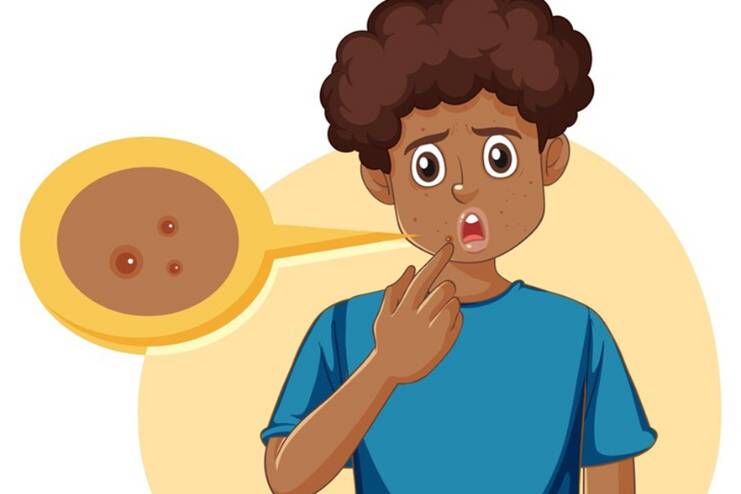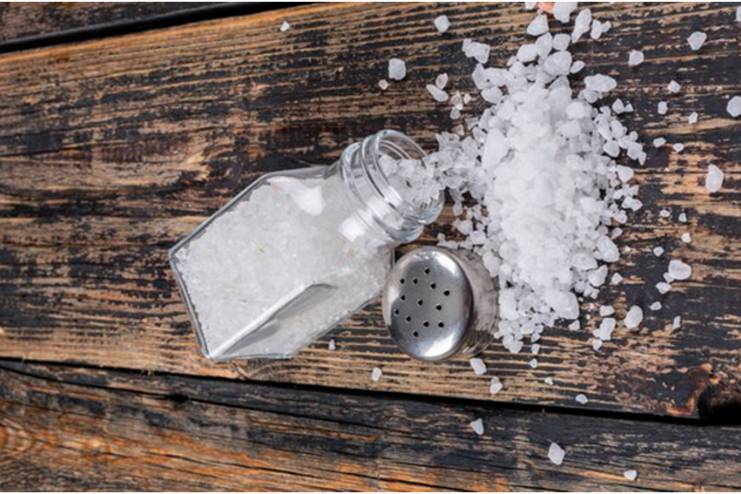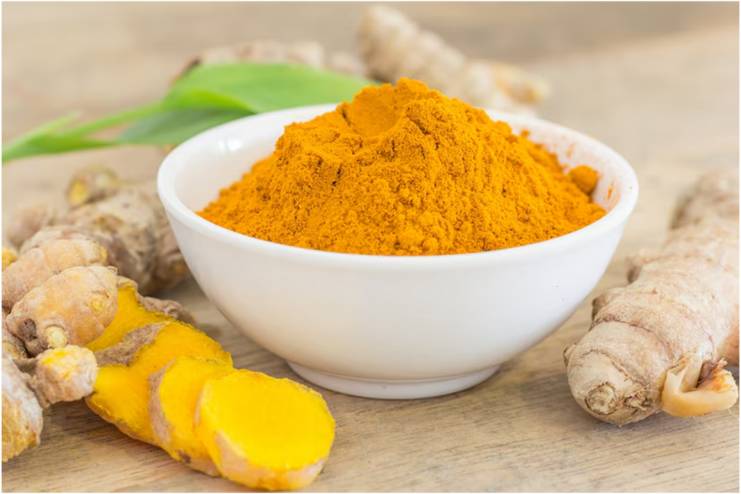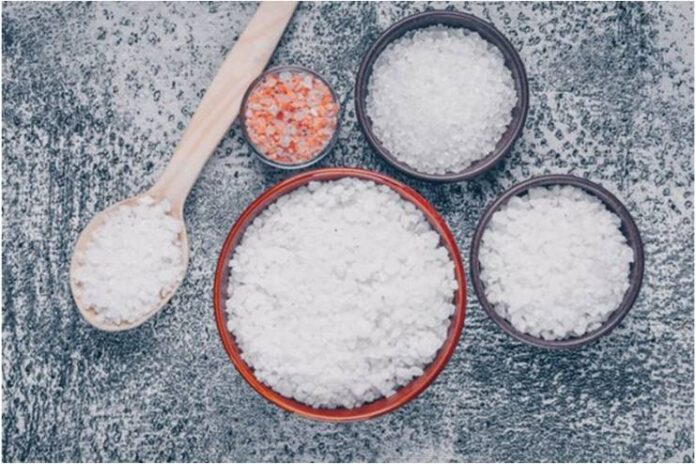Affiliate Disclaimer
Some links in this article are affiliate links. We may earn a small commission if you make a purchase through these links, at no extra cost to you. We only recommend products we find useful to our readersSkin boils are formed due to the release of toxins and infection to clogged hair follicles and sweat glands. This bacterial infection can occur at any openings in the body caused by cuts or bruises. People with weak immune systems and those suffering from diabetes are prone to boils. Although antibiotics are available to cure this bacterial infection, they may cause various side effects. Therefore, natural ways, such as using Epsom salt for boil treatment, are always recommended.
We have tried to provide comprehensive information on the topic of Epsom salt for skin boil treatment. But first, we need to understand what boils actually mean and how they develop on the body.
[Related Article: Epsom Salt for Constipation]
What are Boils?

As mentioned earlier, boils are hard and painful lumps that form on the body due to bacterial infection. These bacteria can enter the skin through sweat glands as well as hair follicles. Various studies have now shown that ingrown hairs may also cause skin boils.
People with weak immune systems, improper hygiene, or diabetes may experience boils on their skin. Apart from this, cancer patients on certain medications may also face the problem of heat boils.
What Causes Boils on the Body?

The major cause of boils is bacteria known as Staphylococcus. These bacteria cause skin abscesses, which are present on normal skin. These germs can enter the skin through any body opening.
These openings can be due to cuts, shaving, ingrown hairs, insect bites, or various skin diseases. Certain risk factors for boils include:
- Type 2 diabetes
- Weak immune system
- Poor hygiene
- Improper diet
- Intravenous drug use
- Exposure to harmful chemicals
This condition may also occur due to direct contact with a person suffering from skin boils.
Is Epsom Salt Effective in Treating Boils?

Yes, indeed. Epsom salt, also known as Magnesium Sulfate, contains some important health-friendly properties that help in treating boils.
- Epsom salt acts as a drying agent that helps draw out toxins from the body and reduce pain.
- It is rich in natural antiseptic and antibacterial properties, which help fight bacteria.
- Epsom salt helps strengthen the immune system, which prevents skin abscesses from recurring.
- Its antibacterial properties also help in treating various other skin infections.
- Epsom salt helps generate heat in the body, improving blood circulation and releasing all the pus.
- Epsom salt baths increase perspiration and release toxins and metabolic waste from the body.
How to use Epsom Salt for Boils?
Using Epsom salt for boils is another valuable method to treat this health issue. We have provided some major preparations for using Epsom salt to treat boils.
- Epsom Salt
Using Epsom salt directly on boils can be highly useful due to its health-friendly properties.- In a small tub filled with water, add 2-3 cups of Epsom salt and stir it well.
- Soak the boils in it and leave for 10-15 minutes.
- Let the area dry naturally.
- Repeat this process 2-3 times daily.
- You can use Dead Sea salt instead of Epsom salt for more benefits.
- Epsom Salt Bath
An Epsom salt bath helps treat boils on body parts that are out of reach, such as thighs, buttocks, and cysts.- Add around 2-3 cups of Epsom salt to a bathtub filled with hot water.
- Soak your whole body in this bathtub for around 10-15 minutes.
- Take a cold shower after the Epsom salt bath.
- Use this method 2-3 times per week and avoid soap.
- Epsom Salt Scrub
- Add a cup of Epsom salt in water. Ensure the salt doesn’t dissolve in it.
- Apply this Epsom salt paste on boils and gently scrub for 2-3 minutes.
- Leave for another 2-3 minutes before washing it off with water.
- Use this process at least twice daily.
- Epsom Salt with Baking Soda
- In a bowl, add some baking soda and Epsom salt.
- Apply this mixture to the affected area.
- Let it soak into the boils. You can secure it with a bandage.
- Follow this method every day.
- Epsom Salt with Apple Cider Vinegar
- The combination of apple cider vinegar and Epsom salt helps treat infections on the scalp.
- Take a cotton ball and dip it into apple cider vinegar and Epsom salt.
- Place the cotton ball on the boils and secure it with a bandage.
- Leave it overnight.
- Epsom Salt with Vaseline
- Make a smooth ointment by adding a cup of Vaseline to Epsom salt.
- Apply it to the affected area and secure it with medical plaster.
- Leave it overnight.
- Wash it off with lukewarm water.
- Follow this process regularly.
Precautions To Take While Using Epsom Salt For Boils
- Do not use Epsom salt if you have high blood pressure.
- If regular use of Epsom salt does not show improvement, consult your doctor immediately for further treatment.
Other Remedies to Treat Skin Boils

In addition to Epsom salts, you can get rid of boils naturally at home with the help of turmeric, castor oil, and tea tree oil.
- Apply a few drops of tea tree oil on the affected area of boils directly. This will kill inflammation. Do this every morning after taking a shower.
- Consume a teaspoonful of turmeric every day for boil treatment. You can also use it with lukewarm water. Various turmeric supplements can also be used to treat boils.
- Use some castor oil with cotton balls and apply it on the boils to treat boils and various health problems caused by them.
Tips to Prevent Boils on Skin
Follow these important tips to avoid boils and prevent the spread of bacteria:
- Properly cover wounds as bacteria can enter through cuts, bruises, bug bites, and sores.
- Use antibiotics carefully, as MRSA bacteria are resistant to antibiotics. Using powerful antibiotics may cause severe side effects.
- Consult your doctor immediately if you suffer from swelling, redness, and bacterial infection.
- Eat healthy foods, stay hydrated, and exercise regularly to prevent skin boils and abscesses.
Conclusion
Epsom salt is an excellent natural remedy for boils because of its antibacterial, antiseptic, and drying properties. It will draw out the toxins from the body, reduce the pain, and speed up the healing process if applied correctly.
Besides the use of Epsom salt, good hygiene, a healthy diet, and exercise will help prevent boils from recurrence. However, if the symptoms persist or worsen, it is important to see a healthcare provider to discuss additional treatment options. With these tips and precautions, you can effectively manage and prevent boils with minimal side effects.
-
Oct 2017Written by Prajakt
-
Nov 2024Edited by Lakshmi Gayatri
In this Article



















